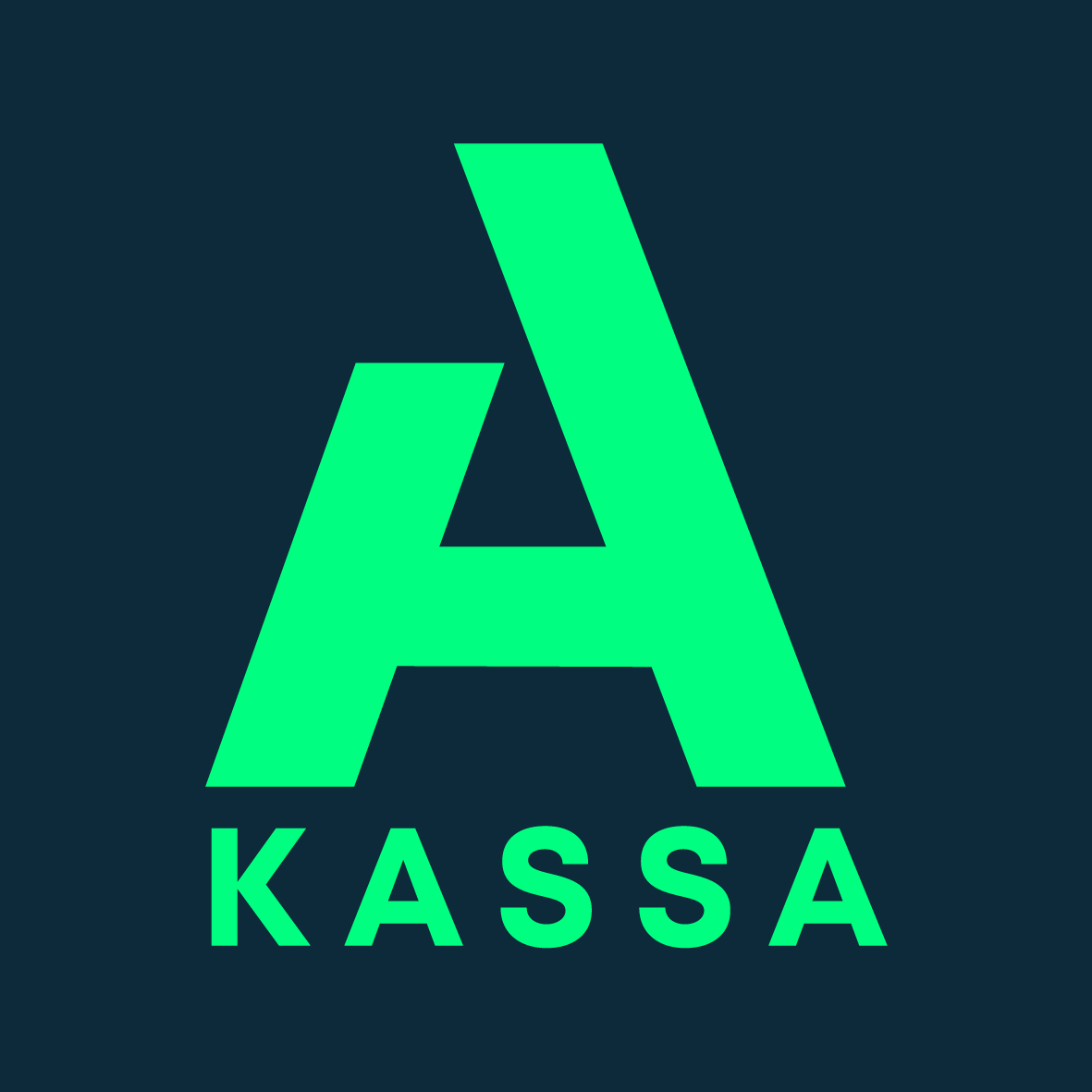Exceptions for different sectors
On this page, we have compiled specific features for different sectors.
Earnings-related allowance » Exceptions for different sectors
On this page, you will find

Working in the creative and performing industries
In this context, creative sectors refer to fields of work where creative or performance-based work plays a significant role. Job titles may include, for example, musician, actor, journalist or dancer. People working in these sectors may have special characteristics related to the nature of their employment relationships, which can affect aspects of unemployment security, such as the accumulation of the employment condition.
For example, when the salary payment period is different from the usual one (more than one month at a time), the adjusted income is allocated to match the period for which the salary was paid (e.g. 2 months), starting from the month of payment. An unusual payment period also affects the accrual of the employment condition in a special way. For instance, if two months’ salary is paid on a single payday, employment condition is accrued for two months — starting from the payment month and counting forward within the employment.
To qualify for earnings-related allowance, both the membership condition and the employment condition must be met. Employment can only be accumulated from work performed under an employment relationship, for which the employer has paid statutory contributions and during which the person has been a member of the unemployment fund. Therefore, for example, work paid as a fee (not under an employment contract) or work done on a grant does not accumulate the employment condition.
For example, fees and income from social media, or compensation paid based on a commission contract, performer agreement (such as participating as a contestant in a TV production), or influencer contract are, however, considered adjusted income during the application period.
Accumulation of the employment condition until 1 September 2024:
Until 1 September 2024, the employment condition was met by working at least 26 calendar weeks in work that accumulated the employment condition.
In creative and performance sectors, the employment condition was accumulated until 1 September 2024 during weeks when the gross salary was at least €325.35/week (in 2024). In 2023, the threshold was €309.53/week and in 2022 €298.37/week.
For teachers, the employment condition was generally accumulated through teaching work performed for at least 8 hours per week (at an educational institution or school), and for dance teachers, the equivalent was 4.25 hours per week.
In sectors other than creative or educational, the employment condition was accumulated by working at least 18 hours per calendar week.
If work during a week was from several sectors, the employment condition was assessed by calculating the total amount of work from different sectors. The resulting proportion indicated whether the week counted towards the employment condition.
Membership condition until 1 September 2024:
The membership condition is met when a person has been a member of the unemployment fund for at least the previous 26 weeks.
Accumulation of the employment condition from 2 September 2024 onwards:
As of 2 September 2024, the employment condition is 12 calendar months.
All calendar months during which you have been paid at least €930 in earnings that meet the employment condition (excluding holiday pay and holiday compensation) for work performed from 2 September 2024 onwards are counted towards the employment condition.
The employment condition can also be accumulated in so-called half months, when during a calendar month you have been paid at least €465 but less than €930 in wages that meet the employment condition. Two half months equal one full employment condition month.
The month in which the work was performed may differ from the month in which the employment condition is accumulated. For example, if the work was done in October but the salary is paid only in November, the employment condition is accumulated in November based on the paid salary. If no salary is paid in October, then no employment condition is accumulated for that month.
The salary paid for the work must comply with the collective agreement. If there is no collective agreement in the sector, the salary for full-time work must be at least €1,430 per month in 2025.
In the application, you are asked to report all employment relationships that are valid during the application period. If you work occasionally for the same employer, you do not need to report each individual gig day as a separate employment relationship—one part-time or occasional employment relationship per employer (business ID) is sufficient.
We also receive information on employment relationships from the Incomes Register, so you do not need to report the same employer again yourself. If the employment information obtained from the Incomes Register is incomplete, you will be asked to supplement it in the application.
When filling out the application, you will see the earnings information retrieved from the Incomes Register. Salaries are shown based on payment dates. If the employer has not reported the earnings periods (i.e. when the work was performed) to the Incomes Register, you can choose to add this information to the salary data yourself. Completing the salary details is not mandatory, but it will speed up the processing of your application.
Please also note that the pay period or earnings period reported to the Incomes Register does not necessarily reflect the actual time the work was performed. It may instead represent the employer’s standard payroll cycle associated with the payment date.
The hours of working days and paid absences must be reported in the application on a day-by-day basis. Entering the hours is mandatory in the application. For each working day, you should report the number of hours for which you are paid.
For example, if you are paid for eight hours for a single filming day, you should enter eight hours as the duration of the workday, even if the actual working time was shorter.
Since 1 January 2024, the waiting period has consisted of seven weekdays during which you have been unemployed and registered as a jobseeker on the Työmarkkinatori service. Daily allowance is not usually paid for the waiting period.
Waiting days are counted from Monday to Friday. A calendar week can include a maximum of five days in total consisting of waiting days, unemployment days, and working days. The waiting period must be completed within eight consecutive calendar weeks.
Days for which you are not entitled to daily allowance (for example, during a period of benefit adjustment) cannot be counted toward the waiting period.
Example of how the waiting period is applied:
The application for earnings-related daily allowance is filled in starting from the first day of unemployment, and the fund checks whether the waiting period is fulfilled.
For monthly paid creative workers, the waiting period is determined based on the agreed working time percentage in the employment contract. If no working time percentage is specified in the contract, the waiting period cannot be assigned for working days. For example, if an actor has a two-hour job but receives full daily pay, no waiting day is counted for that day.
For hourly paid creative or performative workers, the actual hours worked are considered when calculating the waiting period, provided that the employer has confirmed the hours and paid hourly wages for them. If the hourly wage is not known, or the employment is not hourly paid, the waiting period cannot be applied to that day.
You must apply for the daily allowance within three months from the date for which you are seeking the benefit. You can submit your application on a regular monthly basis, even if the salary for working days during the application period has not yet been paid. Complete the daily allowance application from the first day of unemployment to the last day of that month. Always submit follow-up applications in monthly periods.
If you start part-time work after becoming unemployed and the salary is paid in two-calendar-week periods (Mon–Sun), you can submit your application for a four-calendar-week period. If unemployment starts in the middle of a week, that week is considered the first week.
Automatic attachment requests in eServices do not always apply to creative professionals.
eServices may generate automatic requests for attachments, which do not always apply to those working in the creative sectors. These automatic requests do not take special circumstances into account, so unnecessary requests can be ignored.
For all professions in the creative sectors:
If you are applying for daily allowance for the first time, or if you have worked between unemployment periods, please attach the following to your application:
Written employment contracts. If the contract is verbal, you can provide the agreed duration and working hours in the additional information section of the application.
Payslips from work performed under an employment relationship covering at least 8 months prior to the start of unemployment. If the period of employment after the previous unemployment spell was shorter, submit payslips for that working period.
We recommend submitting payslips, as the income data received from the Incomes Register is not always sufficient. Providing payslips proactively can speed up the processing of your application. If the data from the Incomes Register is unclear and no payslips are submitted, we will request additional information during the processing of your application.
There is no need to submit distribution statements for copyright royalties, as copyright income does not affect the earnings-related allowance as of 1 January 2023.
If you are working part-time or in an employment relationship that lasts no more than two weeks, please attach the following to your application:
Any new written employment contracts. If the contract is verbal, provide the agreed duration and working hours in the additional information section of the application.
Payslips for wages paid during the application period. Again, we recommend submitting payslips, as income data from the Incomes Register may not be sufficient. Additional information will be requested if necessary.
There is no need to submit distribution statements for copyright royalties, as copyright income does not affect the earnings-related allowance as of 1 January 2023.
Additional clarifications required by profession for processing the application:
Actors and musicians – additional work details:
Performance and rehearsal calendar for completed and paid theatre work
For individual gigs: workdays, rehearsals and performances itemised by employer and by payment period, if this information is not clearly visible on the payslip. A personal statement is sufficient if no other documentation is available.
Journalists – additional information:
If working time is stated in the employment contract, no separate employment verification is needed.
If working time varied or was irregular, we need a week-by-week employment report from the employer.
Theatre and media industry – additional information:
If the employment relationship is based on a coefficient, we need working times corresponding to the coefficient, unless these are clearly stated in the employment contract. A personal statement is sufficient if no other documentation is available.
Teachers:
A copy of the employment contract and an employment details form must be submitted with the application.
Payslips must be provided if you receive holiday compensation or compensation for non-teaching periods.
If the employment contract states that salary and work are suspended during school holidays, those periods may be treated as comparable to a lay-off for benefit purposes.
The waiting period is calculated based on taught (paid) lessons. The waiting period (7 days) is adjusted in proportion to the full-time teaching hours.

Working in the maritime sector
Work in the maritime sector often differs from ordinary employment relationships. For this reason, workers in the maritime sector have some special characteristics in terms of unemployment security.
Applicants for an earnings-related daily allowance must satisfy the membership and employment conditions.
Until 1.9.2024:
Twenty-six weeks of work are required to pay an earnings-related unemployment allowance. Calendar weeks including at least 18 working hours count towards the employment condition. In other words, the applicant must have worked for at least six months to receive an earnings-related unemployment allowance.
In the maritime sector, different shipping companies have local agreements on the length of working days (8–12 hours per day). For this reason, it is quite common to satisfy the employment condition after just two days of work in a week, provided that the total number of working hours on those days exceeds 18.
There are very few part-time workers on ships. The employment relationships are usually either:
- full-time employment relationships lasting no more than two weeks, in which case a person may be entitled to an adjusted daily allowance; or
- full-time employment relationship lasting more than two weeks, in which case no daily allowance can be paid during the employment relationship.
Seafarers accrue paid leave for their periods of work. When such leave is taken, the remuneration is taken into account in the employment condition and when calculating the daily allowance.
At the end of the employment relationship, cash is paid in lieu of any paid leave that was not taken. Such payments cannot be taken into account in the employment condition and when calculating the daily allowance.
The payroll period for seafarers is generally the calendar month. Consequently, the application period for an earnings-related unemployment allowance is one month.
As in other sectors, you are not entitled to an adjusted daily allowance if your working hours exceed 80% of the maximum hours of a full-time employee in the industry during the application period. The working time is assessed in the adjustment period for which a wage or salary was paid. As the locally agreed working time varies between different shipping companies, the working time is expressed as a proportion of the maximum working time for the specific shipping company. As a result, if you are paid for 13 or more working days in the application period, your working time will exceed 80% of the maximum hours of a full-time employee.
The adjustment takes into account all taxable income earned in full-time work (or, in some cases, part-time work) lasting up to two weeks. The adjustment does not take into account tax-exempt pay items or income from full-time work lasting more than two weeks.
Seafarers are paid the full wage from the first day to the last day of their contracts. The full day’s wage is paid for the start and end days, even if the actual number of working hours is less on those days. Report your working hours in the application according to the hours you were paid for.
The eService automatically requests attachments that are not always applicable to people working in the maritime sector. The automatic attachment requests cannot detect unusual situations, so please disregard any unnecessary attachment requests.
A tax card issued for maritime or freelance work cannot be used for the payment of earnings-related unemployment allowances. If you have such a tax card, you may need to submit a revised tax card to the unemployment fund.
If you are applying for a daily allowance for the first time or you have worked since your previous period of unemployment, please submit the following appendix to your application:
- Service time certificate (if you have not previously applied for a daily allowance or more than six months has elapsed since your previous application)
- Payroll statement for at least 26 weeks up to the end of your previous employment relationship
- Written maritime employment contracts (for all the employment relationships since your previous application if less than six months have elapsed since the previous application)
If the applicant is in an employment relationship lasting no more than two weeks (or, in rare cases, part-time employment), we will request the following attachments to your application:
- Seafarer’s employment contract (for each employment relationship separately).
- Payslips for wages and salaries paid during the application period. We recommend submitting payslips because the payroll information we receive from the Incomes Register is usually insufficient.
In addition to the attachments mentioned above, the unemployment fund may need to request other attachments, depending on the case.
Those working in the maritime sector must submit a change tax card to the unemployment fund for the benefit from the beginning of February. The tax card for maritime income may not be used to pay the benefit. Because of this, the tax information is not transferred to the A-kassa’s system. If the unemployment fund does not have any tax withholding information at all, the tax is withheld based on the amount of the daily allowance in accordance with the tax administrator’s annual decision on the matter. For example, if the daily allowance is 51.01-66 euros, the withholding tax is 35%, and if the daily allowance is 66.01-100 euros, the withholding tax is 40%.
Daily allowance calculator
More about the topic
- Earnings-related allowance
- Entrepreneurship
- Exceptions for different sectors
- Grants
- Illness and incapacity for work
- Lay-off
- Maximum payment period and additional days
- Membership and employment condition
- Other income and benefits
- Part-time and occasional employment
- Restrictions
- Studying with earnings-related allowance
- Taxation of benefits
- Working and job-seeking abroad
